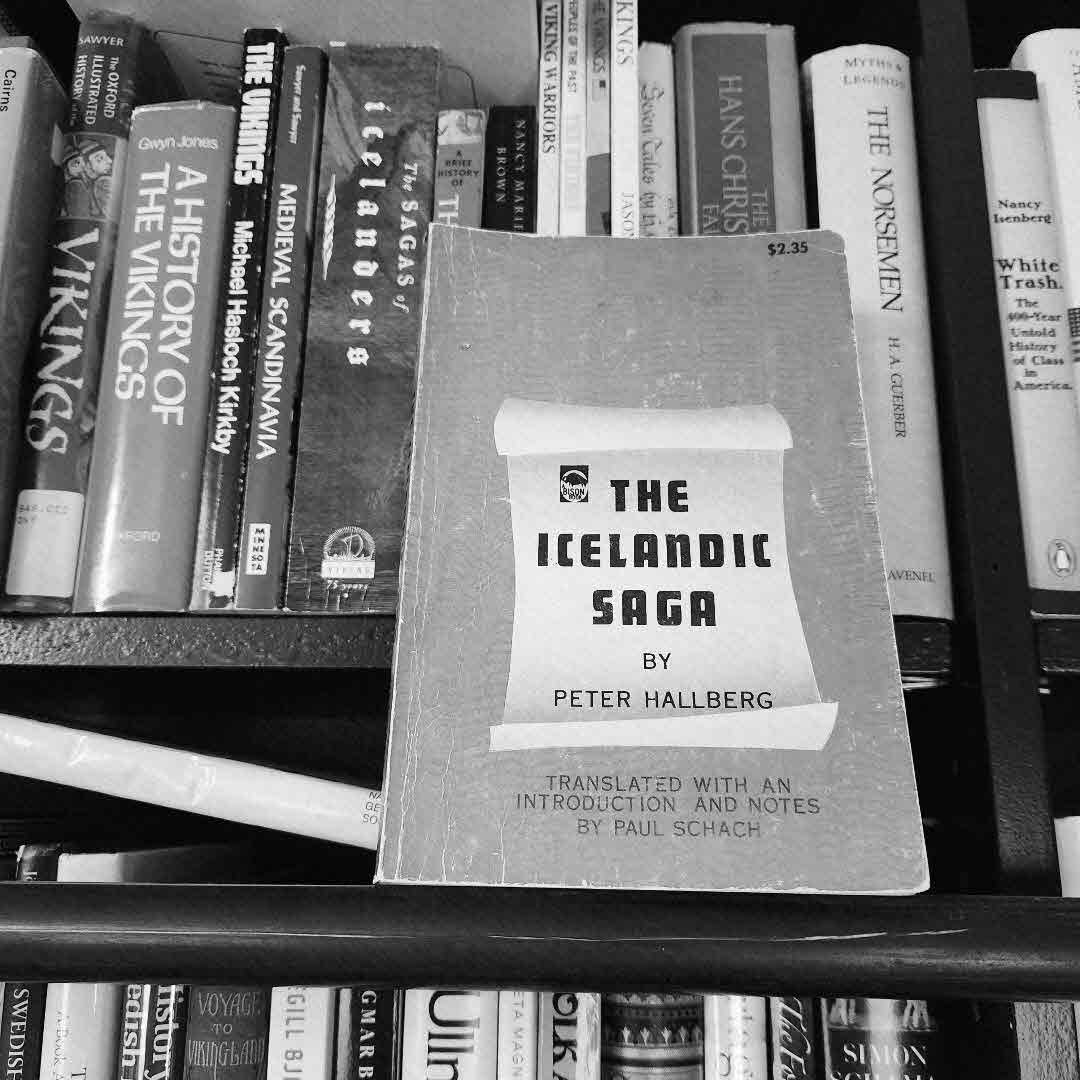
Recent acquisition for our personal library.
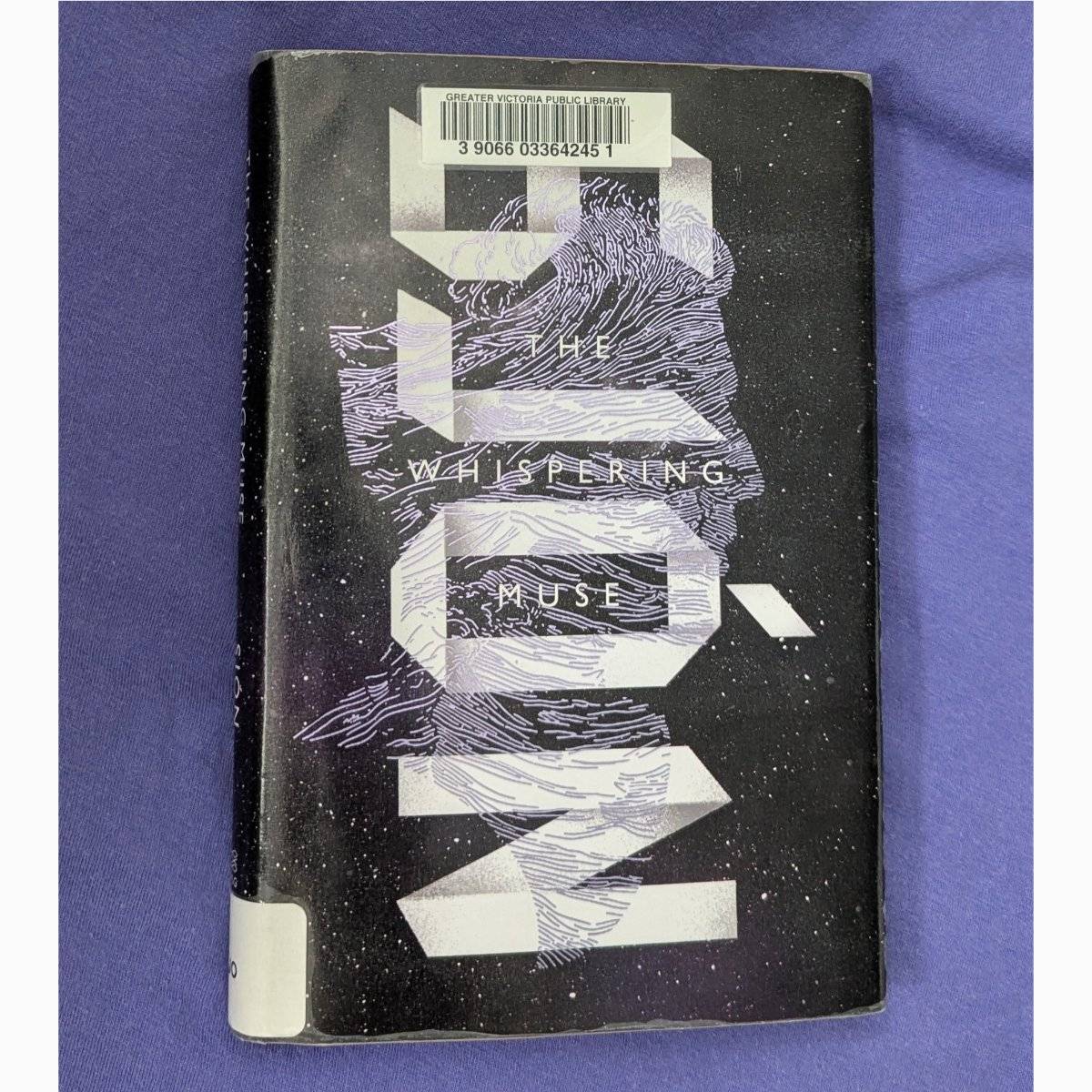
Mostly mourning the lost potential in the premise.
Despite the extensive amount of the story delivered by an unlikeable narrator, I can see so much here that would have really worked for me if handled differently.
The author writes well, but seems to often choose to write in an attempt to shock the reader, but in ways I've encountered before, that only leave a bad taste in my mouth. 1/?
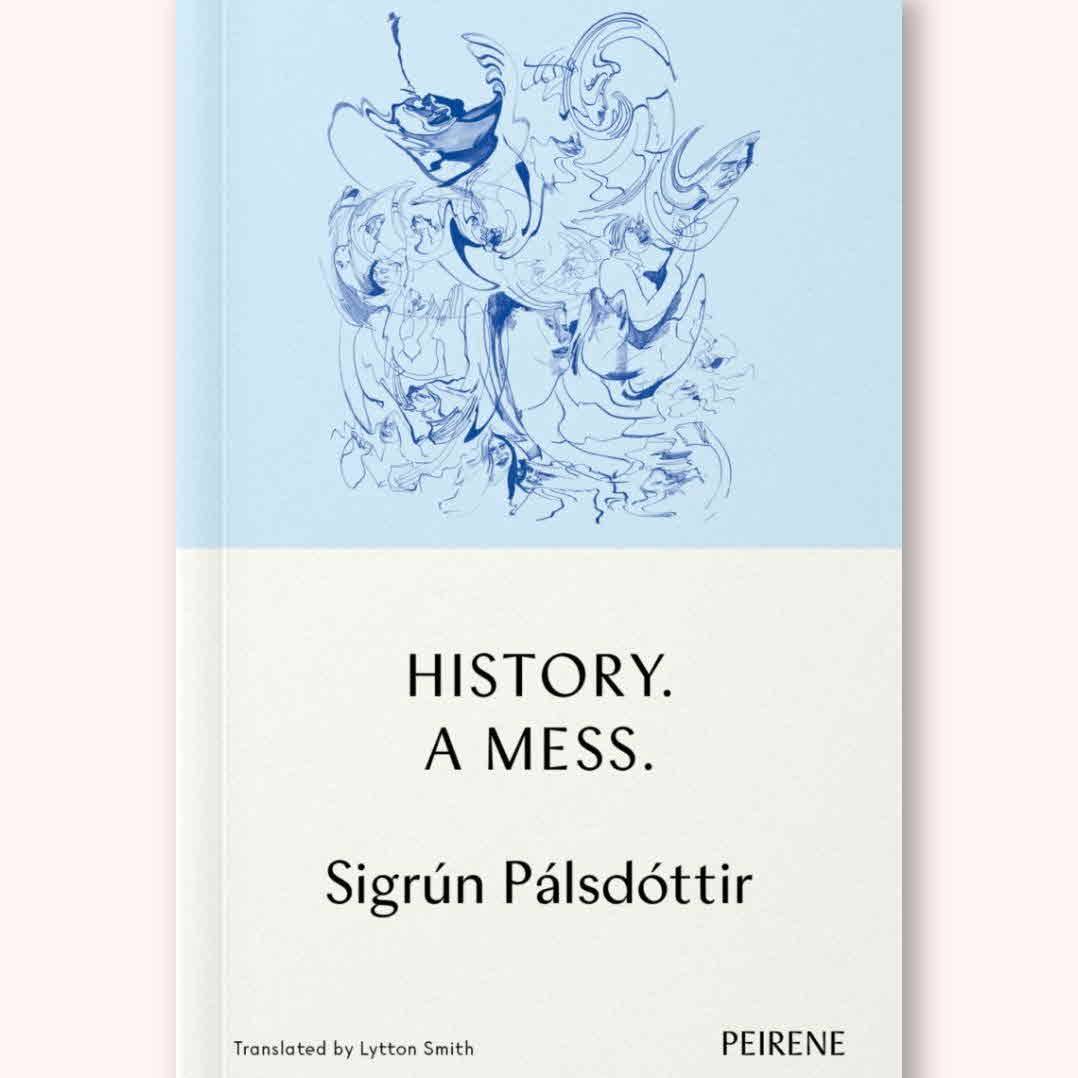
Well, the good thing about Peirene novellas you don't get on with: they are short.
This Icelandic novella (about a researcher having a breakdown over a mistake she's made in the archive) I think would have been a better short story.
This was the author's first fiction though, so wonder what the others are like. Will they also be translated?
I'm not usually a fan of campus novels, so this one had points against it before the start!
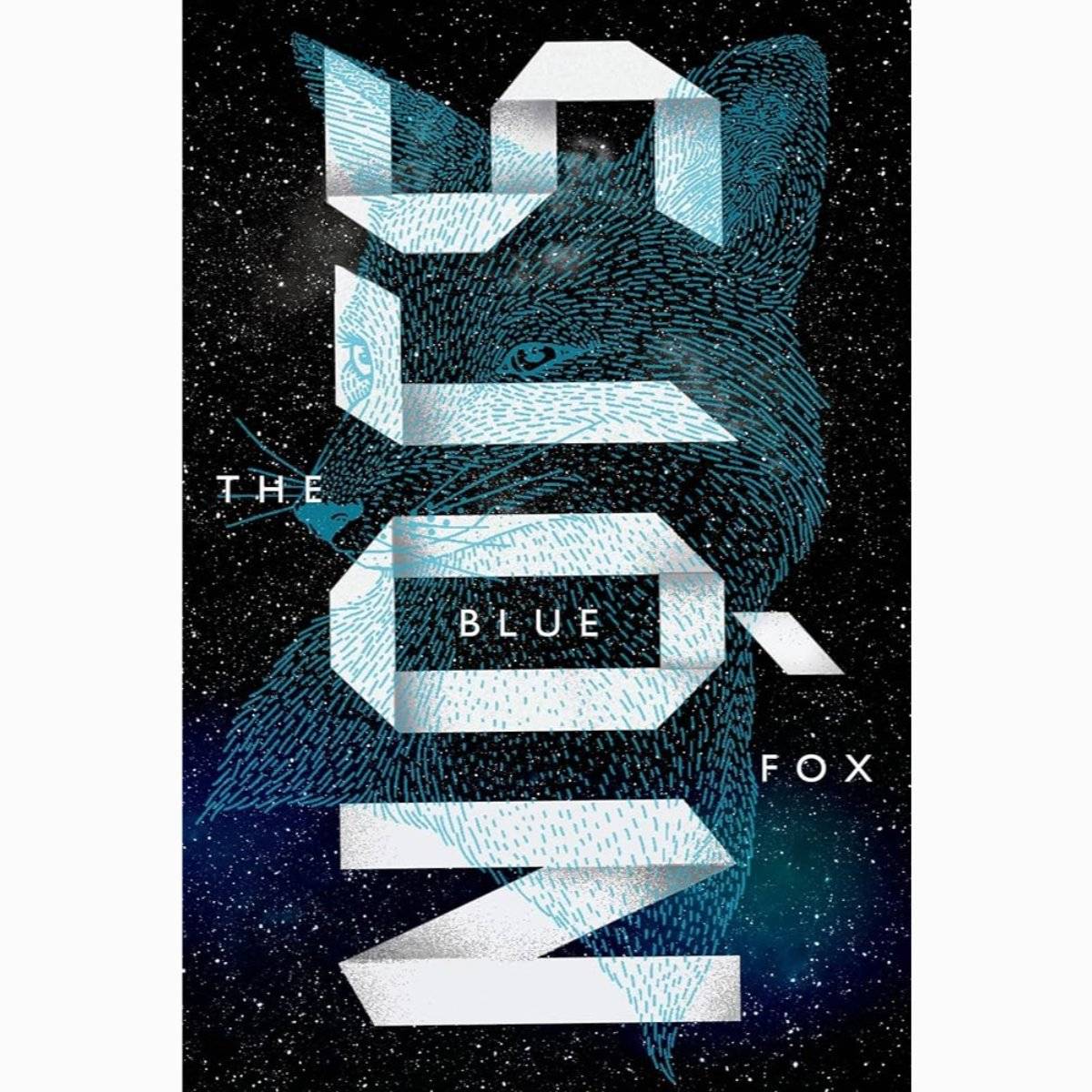
I debated between giving this book a pick or a so-so. It is an extremely quick read and I did enjoy the end and how it brought everything together. I also enjoyed the setting of a wintry, 19th century Iceland. I was a bit confused by all the characters but the end wrapped it up nicely and the pieces all fall into place. I'm glad I read this book but just feel a little underwhelmed by it. Probably won't stick with me, but it was worth the read.
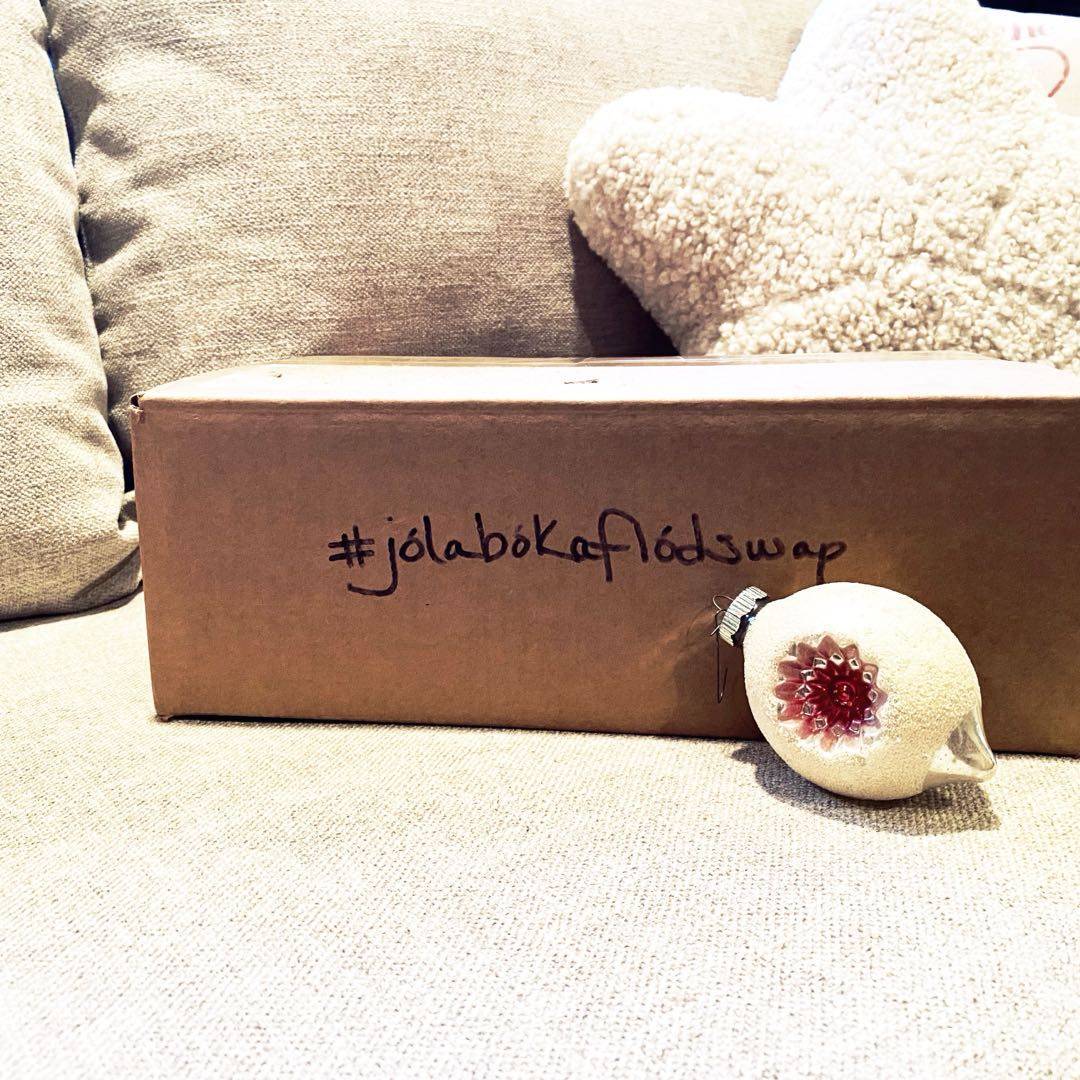
I forgot to post a picture of my #jolabokaflodswap box when I sent this out last week. It traveled up the east coast and should be arriving today. Enjoy!
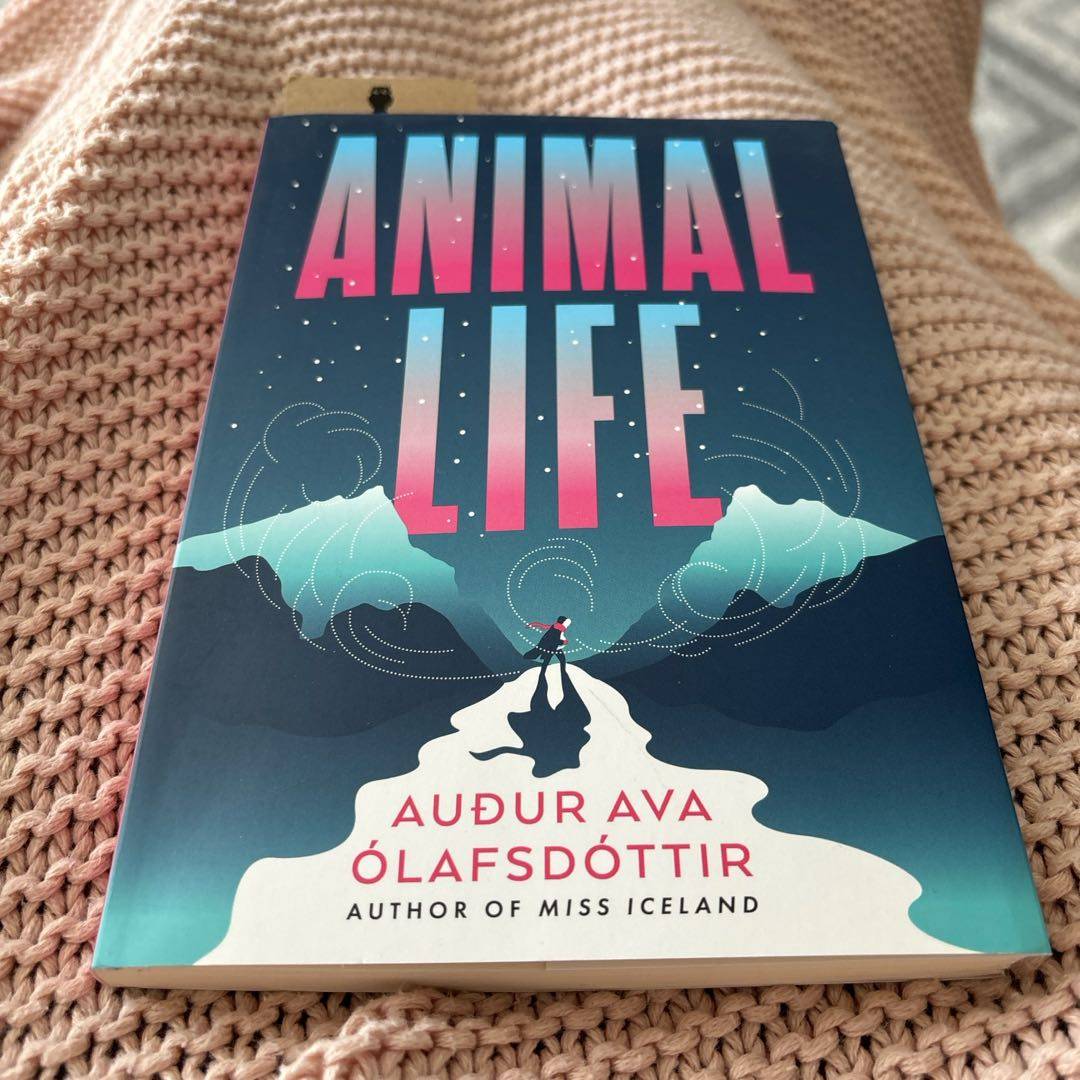
I got this book awhile ago and meant to read it but never got around to it. It takes place in December and it‘s so cold and snowy here so I think it‘s now time.
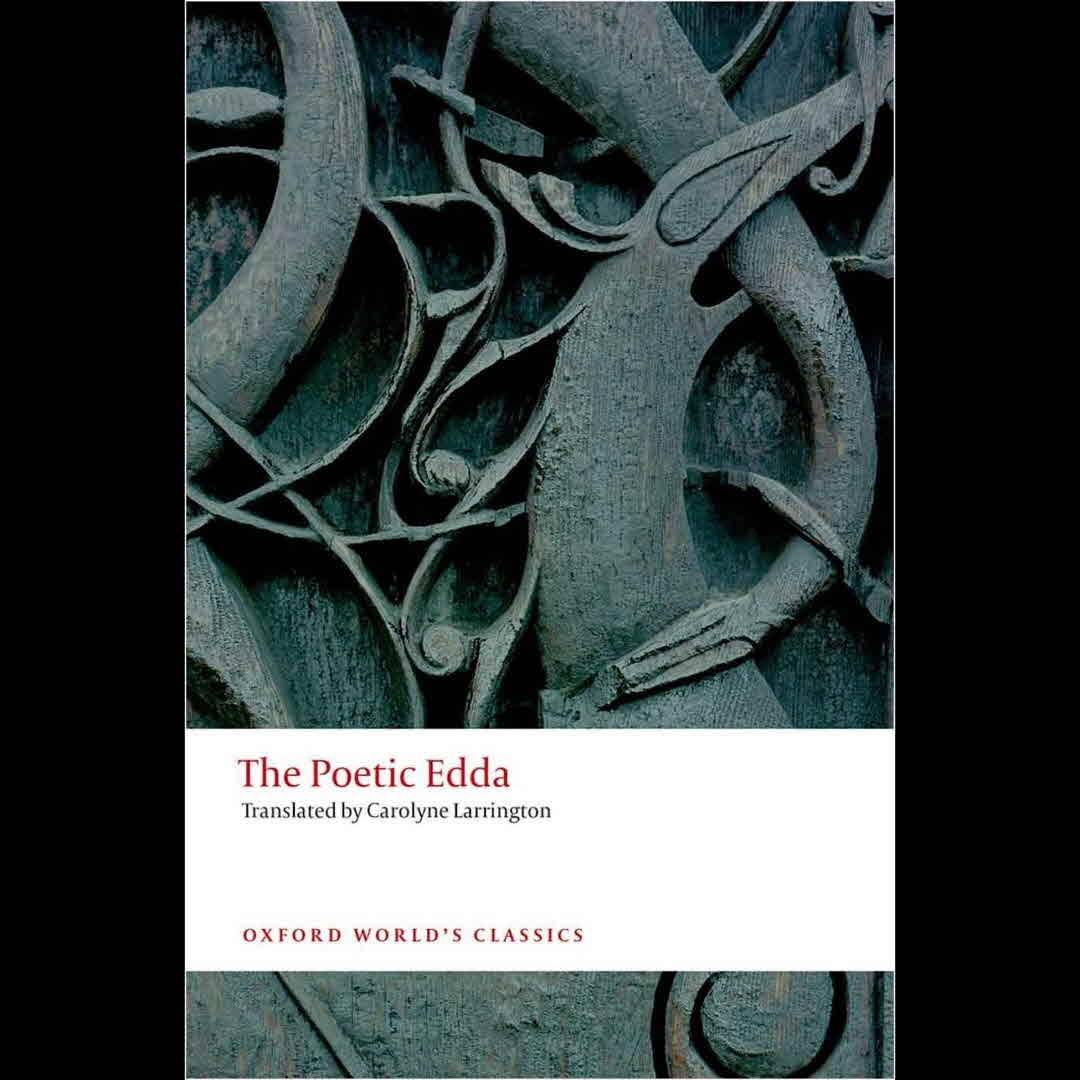
It was good to tick this one off my TBR, though it was more than just a tick-box exercise as I did enjoy it for itself.
The earlier poems are more mystical and esoteric, being prophecies of the gods and gnomic sayings for good conduct, surprisingly abstemious in respect of alcohol, and sadly misogynistic in parts. The later poems deal more with human heroes and dynastic strife. While some of the women here are marriage pawns, many are warriors ⬇️
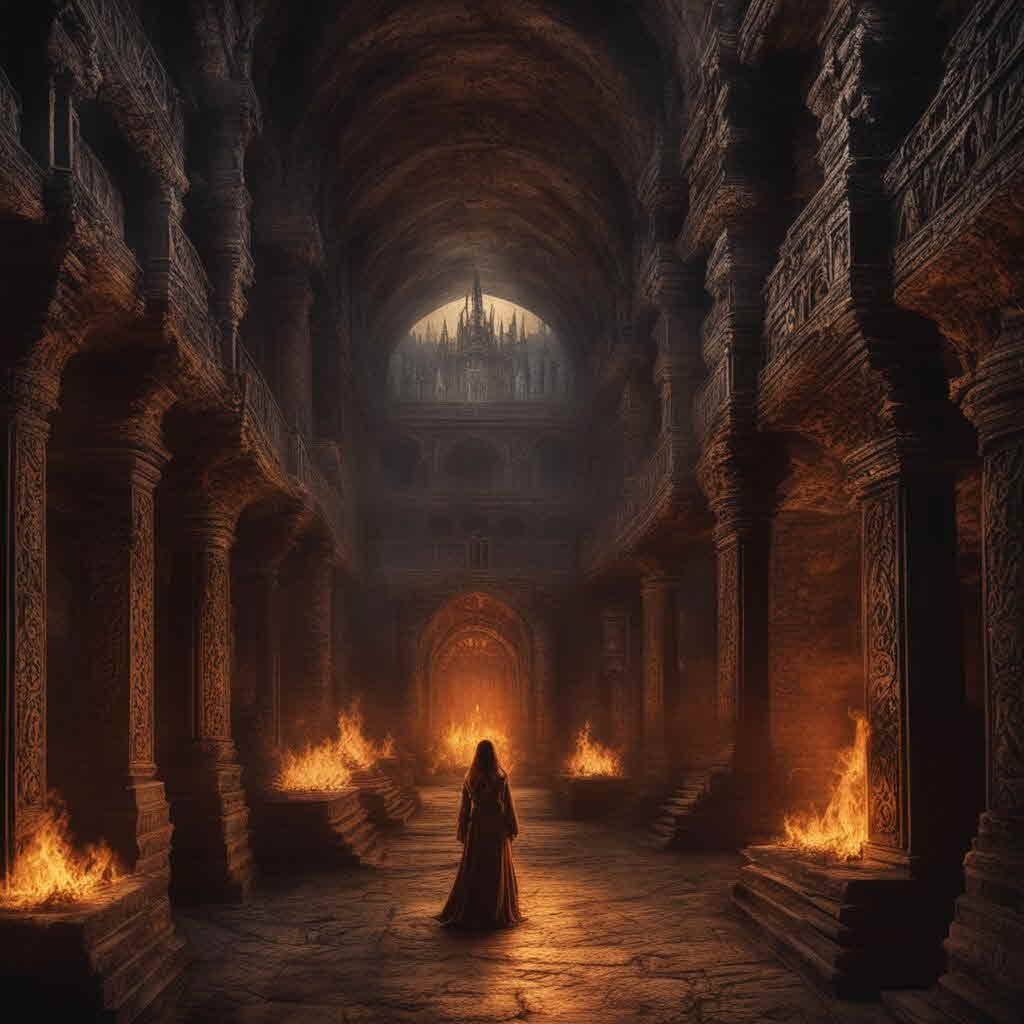
"With a hell-bent hand she loosed the dogs;
hurled before the hall doors a flaming brand; wakening the house servants,
the bride made them pay for her brothers.
She gave to the fire all who were in there,
who after the death of Gunnar and Hogni had come from Myrkheim;
the ancient timbers fell, the temples went up in smoke,
the estates of Budli's descendants, shield-maids inside
burnt up, their lives stopped, they sank into the hot fire."
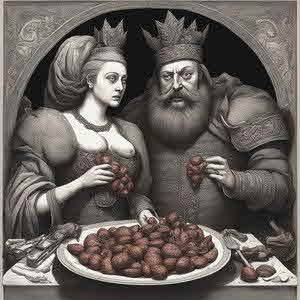
"The bright-faced woman darted about, bringing drink,
the terrible woman, to the nobles; she brought morsels with the ale
for the pale-faced men, reluctantly; then she told Atli his shame.
'Your own sons' - sharer-out of swords -
hearts, corpse-bloody, you are chewing up with honey;
you are filling your stomach, proud lord, with dead human flesh,
eating it as ale-appetizers and sending it to the high seat."
Then the story within the story of a second mate ostensibly transported from a place and time where he had a past serving aboard the Argo with Jason, in recounting his tale focusing on the Lemnos incident, parallels the fact that he and the listening passengers and crew are (edited) 5d
One more layer is apparent in a Nordic tale recounted that foreshadows Jason and Medea's own dark endings, told both to the Argonauts and the 40s listeners.
The unlikeable narrator has the potential for farce, because he appears to have a Polonius/Mr. Collins level of clueless chatter that sucks up to his benefactor, and tells people things for their own good and criticizes (edited) 5d
There's also a strong theme of sexual violence against women and seeing women only as insatiable sexual objects, which is disturbing in itself, but also because it never really feels like the author did the work to explain the linkage between the problems with the latter and the perpetration of the former. (edited) 5d
There's a single page that suggests a sci-fi/fantasy element that might explain why Caeneus from ancient mythic Greece is in the 20th century, but for the most part this is a bizarre mashup of historical and myth-retelling. (edited) 5d
⚠️Racism, xenophobia, misogyny, dismemberment, SA, child death 5d